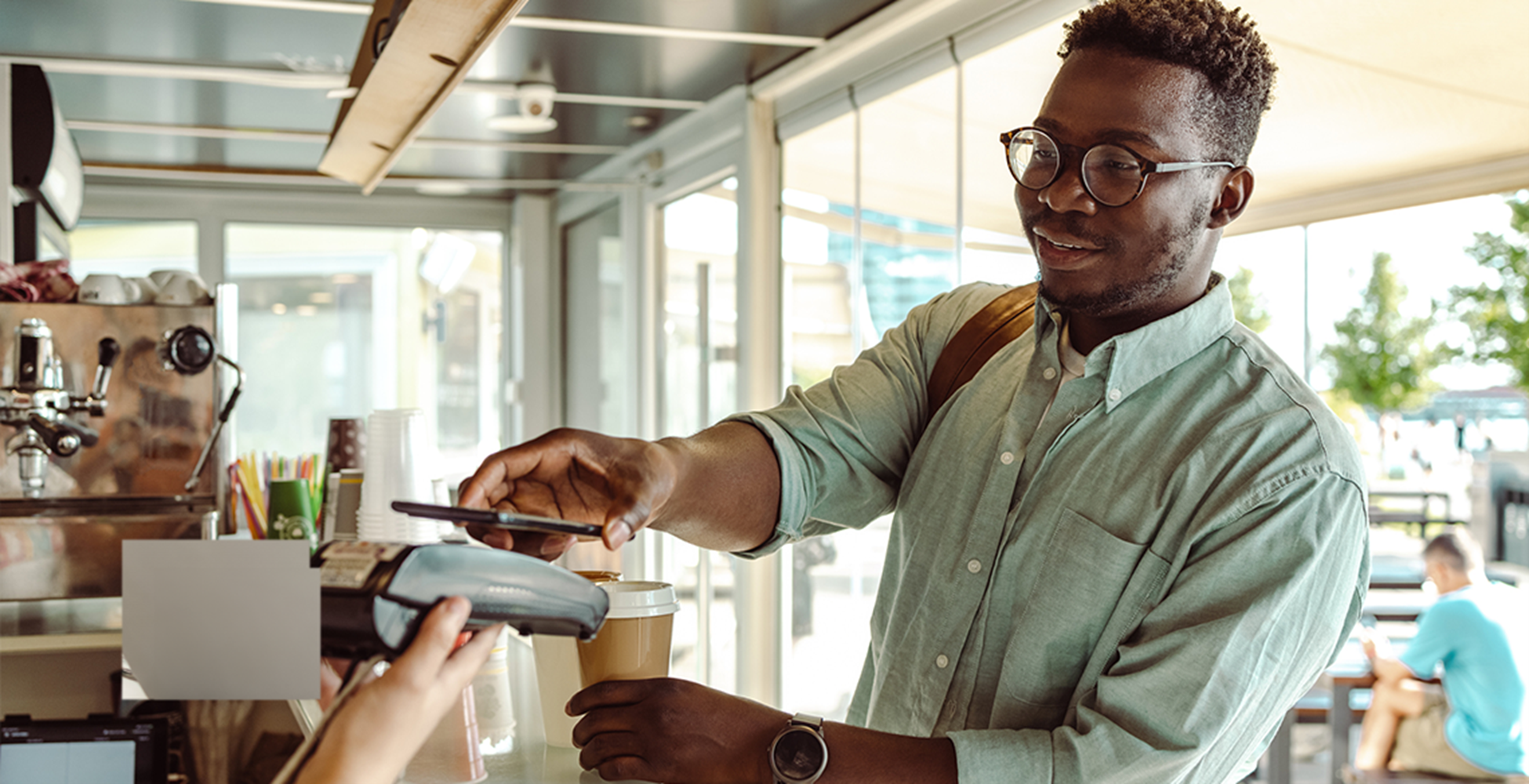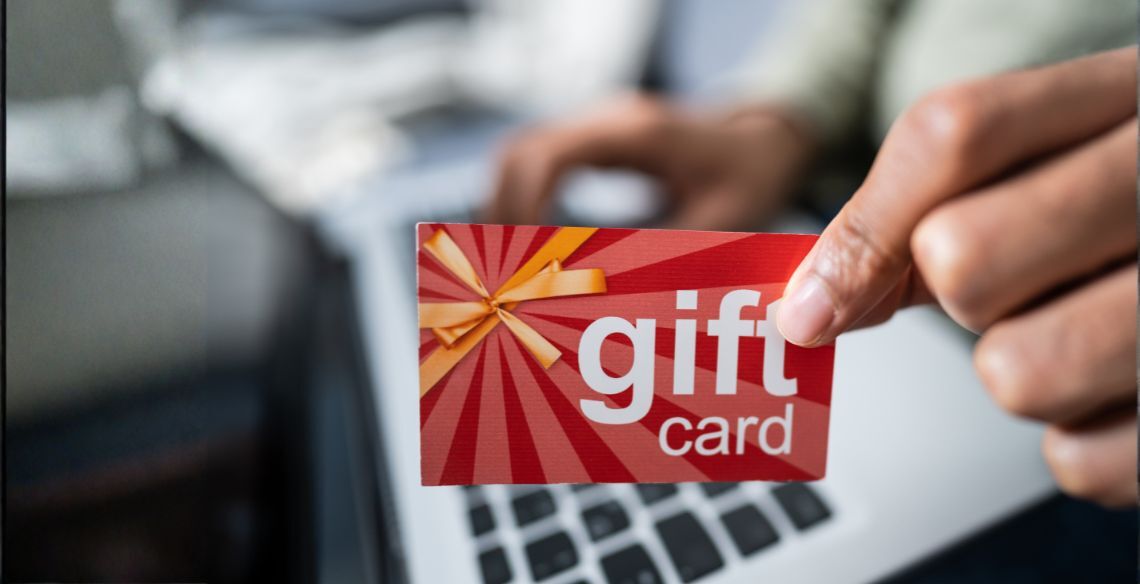In our increasingly digital world, the convenience of peer-to-peer (P2P) mobile payment apps has revolutionized the way we handle transactions. Whether it's splitting a bill at dinner, reimbursing a friend for concert tickets, or paying the babysitter, apps like Venmo, Cash App, PayPal, and Apple Pay have made transferring money as easy as sending a text message. However, with this convenience comes the responsibility of safeguarding our financial information and protecting ourselves from cyber threats.
Understanding the landscape
P2P mobile payment apps have gained immense popularity due to their user-friendly interfaces and quick transaction times. Venmo, owned by PayPal, has become synonymous with splitting bills and sharing expenses among friends. Cash App, developed by Square, offers a seamless way to send and receive money instantly. Apple Pay provides a secure and private way to make payments both in stores and online using Apple devices. These apps have streamlined the payment process, but they also present vulnerabilities that cybercriminals may exploit.
Safety measures and protecting your transactions
When it comes to safeguarding your financial transactions, there are several best practices to keep in mind:
- Enable two-factor authentication (2FA): Adding an extra layer of security with 2FA is like putting a padlock on your account. It makes it much harder for anyone to get in without your permission. Most P2P payment apps offer this feature, which typically involves receiving a code via text or using an authentication app to verify your identity.
- Set up transaction notifications: Get a heads-up whenever money moves in or out of your account. It's like having a security guard keeping watch over your finances, ready to alert you if something fishy is going on.
Staying informed about activity on your account allows you to take action promptly.
- Avoid public Wi-Fi networks: Public Wi-Fi might be convenient, but it's not always safe. Avoid making transactions or checking your balance when you're connected to public networks, as these connections are often not secure and can be prime targets for hackers.
- Use secure payment methods: When sending money, opt for secure payment methods like using your credit card or funds from your app's balance. Opt for secure payment methods such as linking your account to a credit card or using funds from your app's balance rather than directly from your bank account. It adds an extra layer of protection in case something goes wrong.
Common scams and how to avoid them
Despite the safety measures in place, there are still a few tricks scammers like to pull:
-
Phishing: Be on the lookout for emails, texts, or calls asking for your account info. Legit companies won't ask for sensitive stuff like that out of the blue.
-
Sketchy sellers: If you're buying something through a P2P app, stick to sellers with good reviews and never agree to pay outside the app. It's a red flag for potential scams.
-
Overpayment shenanigans: If someone sends you too much money and asks for a refund, double-check the transaction first. It could be a ploy to scam you out of your hard-earned cash.
Finding the Right Fit
When it comes to choosing the safest P2P payment app, it's all about what works best for you. Venmo, Cash App, PayPal, and Apple Pay all have solid security measures in place, like encryption and fraud detection. Apple Pay is particularly big on privacy, while Zelle offers lightning-fast transfers but less room for dispute if something goes wrong. Venmo is like the social media of payments and Cash App is your go-to for quick transfers. But as handy as they are, they also come with risks that we need to be aware of.
In a nutshell, P2P mobile payment apps are a game-changer for splitting bills and sharing expenses. But it's crucial to stay on top of your security game to keep your money safe and sound. By following these tips and staying vigilant against scams, you can enjoy the convenience of mobile payments without the worry of cyber threats looming over your shoulder.



